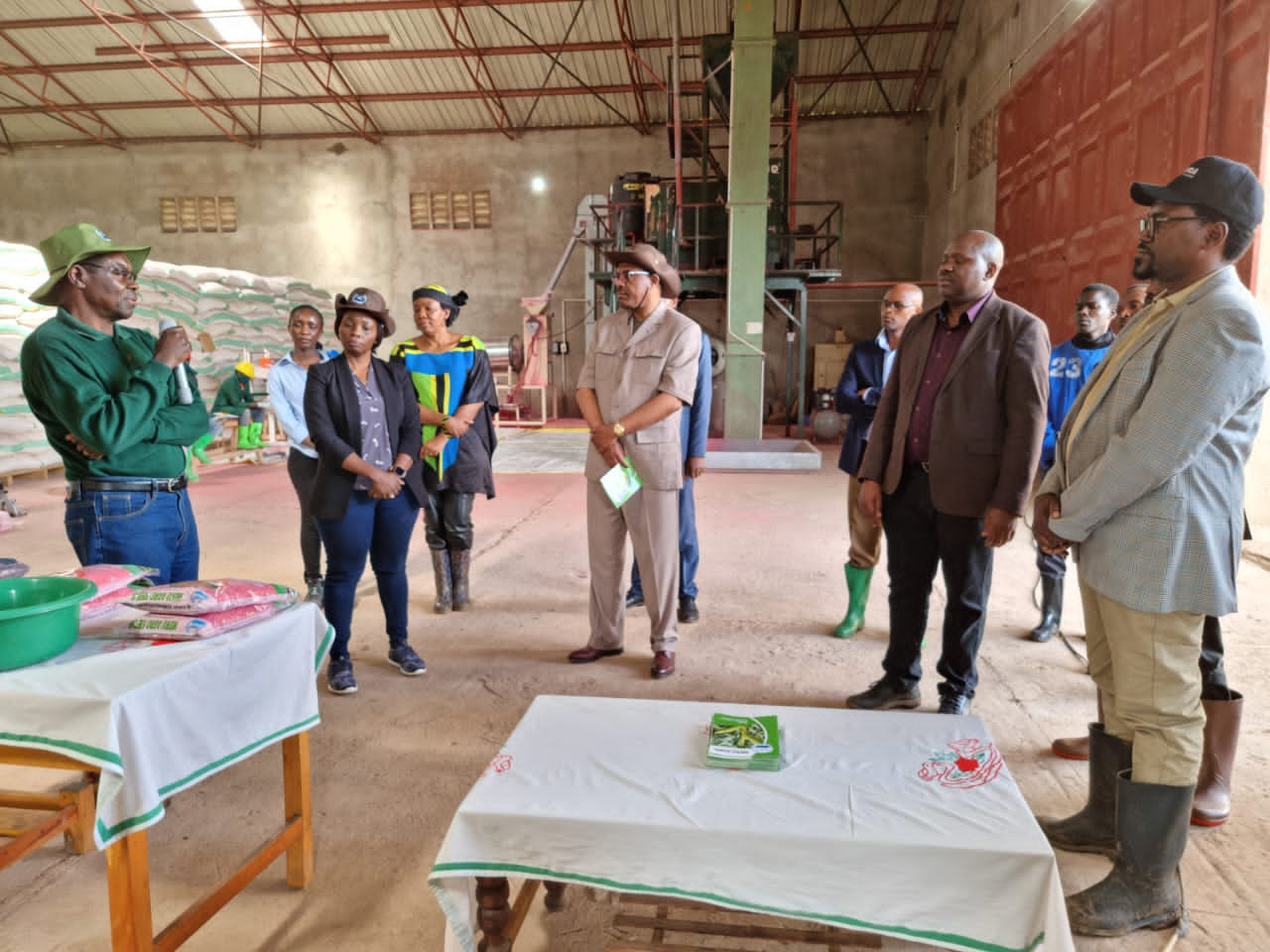Hon Hussein Bashe: “I urge our development partners to prepare to sign the compact, aligning their support with our strategic focus areas”
Kilimokwanza.org Reporter
Tanzania is setting a new paradigm in agricultural investment, earmarking a significant portion of its resources to transform its agricultural landscape. The budget speech (02/05/2024) by Hon. Hussein Mohamed Bashe, Tanzania’s Minister of Agriculture, outlines a strategic allocation of investments that underscores the government’s commitment to enhancing agricultural productivity and sustainability.
In his 2024/2025 budget presentation, Minister Bashe highlighted the government’s strategic focus on reinvesting in agricultural infrastructure and capacity building. “In order to achieve a sustainable and competitive agricultural sector, we are directing 80% of our investments into enhancing our agricultural infrastructure,” Bashe explained during his parliamentary address. This allocation is intended to improve irrigation systems, road networks, storage facilities, and processing units which are crucial for boosting agricultural output and efficiency.
The remaining 20% of the investments are dedicated to capacity building, which involves training programs, extension services, and research and development. “It is vital that we build the capacity of our farmers, equip them with modern agricultural techniques, and ensure they can manage the challenges of modern agriculture,” Bashe stated. This approach aims to empower local farmers, increase employment opportunities in agriculture, and ensure food security and economic growth.
This strategic reallocation of resources is seen as a pivotal move by the Tanzanian government to not only enhance the agricultural sector’s infrastructure but also to fortify the human resource base essential for sustained agricultural development. By investing in infrastructure, Tanzania is looking to reduce post-harvest losses, improve market access, and increase the overall efficiency of agricultural operations. On the other hand, investing in human capital is expected to foster innovation and adoption of best practices that will lead to increased agricultural productivity and profitability.
Economists and agricultural experts see this as a balanced approach that addresses both the immediate and long-term needs of the agriculture sector. “Investing in infrastructure without building capacity is like planting seeds on infertile ground. The government’s focus on both aspects is commendable and necessary for the growth of the sector,” says Dr. Jonas Kipokola, an agricultural economist based in Dodoma.
While the government’s strategy is clear and potentially transformative, its successful implementation will require effective management, transparency, and continued support from international partners. The challenge lies in ensuring that the investments are well-spent and that the initiatives reach their intended beneficiaries, especially smallholder farmers who form the backbone of Tanzania’s agricultural sector.
Looking ahead, Minister Bashe calls on all stakeholders, including international donors and local governments, to support this strategic vision. “I urge our development partners to prepare to sign the compact, aligning their support with our strategic focus areas,” he stated, highlighting the need for cohesive efforts to realize Tanzania’s agricultural goals.
Tanzania’s strategic reinvestment in agriculture presents a significant step towards revitalizing its agricultural sector. By focusing on both infrastructure and capacity building, the country aims to create a more resilient and productive agricultural landscape that not only supports its economy but also ensures food security for its population. As this plan unfolds, it will be crucial to monitor its impact on the agricultural sector and the wider Tanzanian economy.


